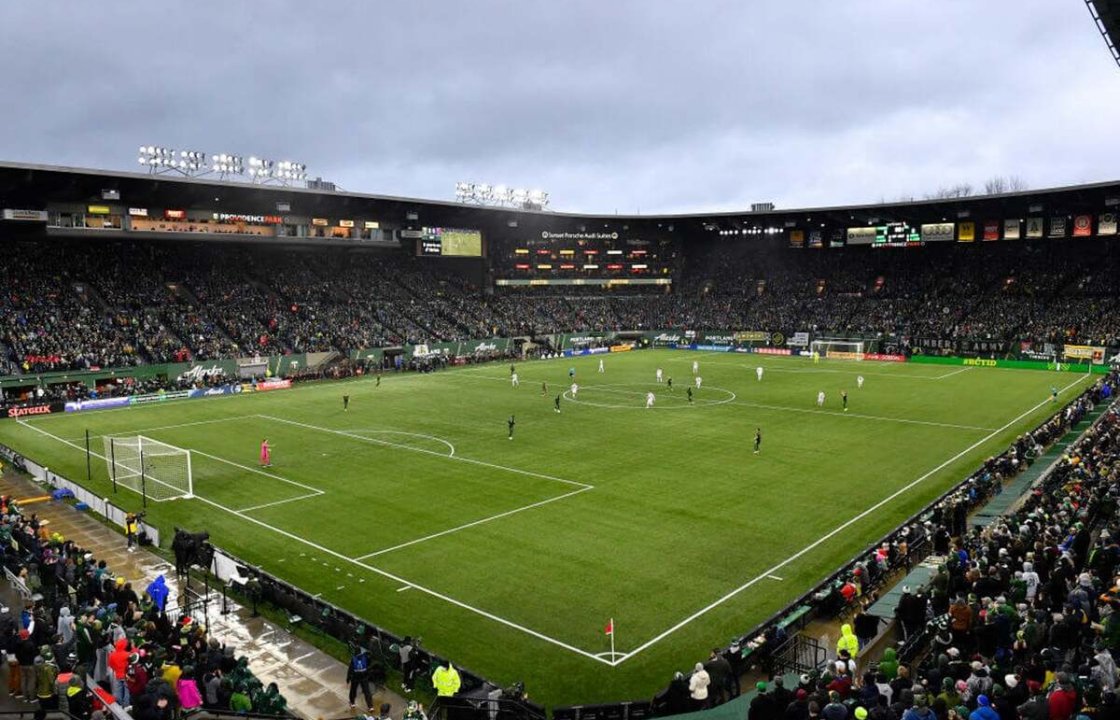Professional sports have always been about ambition, but in recent years, the relentless expansion of professional leagues worldwide raises an important question: is more always better?
The Allure of Expansion
For league executives and team owners, expansion is often seen as the ultimate growth strategy. New franchises bring in fresh markets, attract new fan bases, and open up lucrative broadcasting deals. The National Basketball Association (NBA), Major League Soccer (MLS), and even European competitions like the UEFA Champions League have flirted with adding more teams or restructuring to reach untapped audiences.
The allure is simple: more teams mean more revenue opportunities. Stadium tickets, merchandise, and streaming subscriptions all increase when fans feel their city, their community, or even their country is directly represented. Expansion also allows leagues to plant their flag in emerging markets where the sport is still developing, which can, in turn, create a global footprint.
The Economic Equation
While the financial side of expansion is appealing, there is also a delicate balance at play. Adding too many teams too quickly can dilute the quality of competition. If talent is spread too thin, the overall level of play might drop, and fans could lose interest. This has been a recurring critique of the MLS, where rapid expansion has led to concerns that not every roster is filled with players of top-tier quality.
Furthermore, expansion fees—while lucrative—are often a short-term gain. The real test comes afterward, when franchises need to sustain themselves through consistent fan engagement and local investment. If new teams struggle to generate attendance or sponsorships, leagues face the risk of unstable clubs dragging down the collective product.

Tradition Versus Innovation
One of the fiercest debates around expansion touches on the identity of the sport itself. Many fans value tradition, the historic rivalries, and the sense of exclusivity that comes with supporting a long-standing league. Rapid expansion, on the other hand, can feel like a commercialization that undermines heritage.
Take European soccer as an example. The controversial proposal of a European Super League in 2021 was met with outrage precisely because it challenged the long-standing traditions of domestic leagues and competitive meritocracy. Fans revolted because they felt expansion in this form wasn’t about improving the game but rather about maximizing profits for a select few clubs.
This raises a key question: should expansion prioritize financial growth or the essence of the sport?
The Player Perspective
Players are not immune to the effects of expansion. More teams mean more games, and with that comes increased physical and mental demands. In sports like soccer and basketball, where the calendar is already packed with league play, cup competitions, and international tournaments, expansion can contribute to player burnout.
Moreover, with talent stretched across additional franchises, younger players may be forced into roles they are not yet ready for. While this can create opportunities, it can also lead to uneven competition and frustration among fans expecting high-quality performances. The balance between giving new talent exposure and ensuring elite competition is fragile.
Globalization Versus Local Identity
Expansion is also tied to the trend of globalization in sports. Leagues are no longer content with local or national followings; they aim to capture international audiences. This ambition explains why NBA games are staged in Paris, why the NFL travels to London and Frankfurt, and why soccer clubs routinely embark on preseason tours in Asia and North America.
However, global expansion can sometimes alienate the local fan base, the very supporters who built the league’s foundation. Balancing global ambitions with local identity remains one of the most challenging aspects of expansion. When done thoughtfully, leagues can achieve both—when done poorly, they risk losing authenticity.

Fan Engagement and the Saturation Risk
Fans are the lifeblood of any professional league. Expansion offers new fans the chance to connect with the sport, but it also risks oversaturation. If too many games are played, if the season feels endless, or if matchups lose their sense of significance, fans may disengage.
This is especially relevant in a world of streaming, where attention spans are short and entertainment options are endless. Leagues that once thrived on scarcity—where every game felt like a major event—risk diluting their product by adding more teams and more matches. For fans, scarcity can often equal value, and oversupply can create indifference.
Lessons for the Future
The question remains: how much growth is too much? Expansion should not be measured only in terms of financial gain. Successful leagues will be those that consider the long-term sustainability of their product, the quality of competition, and the voice of the fans.
Expansion can indeed drive progress, but unchecked growth risks creating a bubble that could harm the very sports people love. Just as in economics, growth must be managed responsibly to avoid collapse. Leagues must tread carefully, ensuring that every new step forward strengthens, rather than weakens, the foundation of their sport.
Connecting the Debate to SIA Academy
At SIA Academy, we constantly reflect on similar dynamics, even if on a different scale. Just as professional leagues must balance growth with quality, we ensure that as we welcome more players into our programs, the individual development of each athlete remains our top priority. Expansion for its own sake is never enough; it must be purposeful, sustainable, and aligned with values. Our training sessions, competitions, and personalized development plans are designed not only to increase opportunities but also to maintain a high standard of excellence. In this way, the lessons from the debate over professional league expansion resonate directly with our mission: to grow responsibly while preserving the quality and passion that make soccer special.






